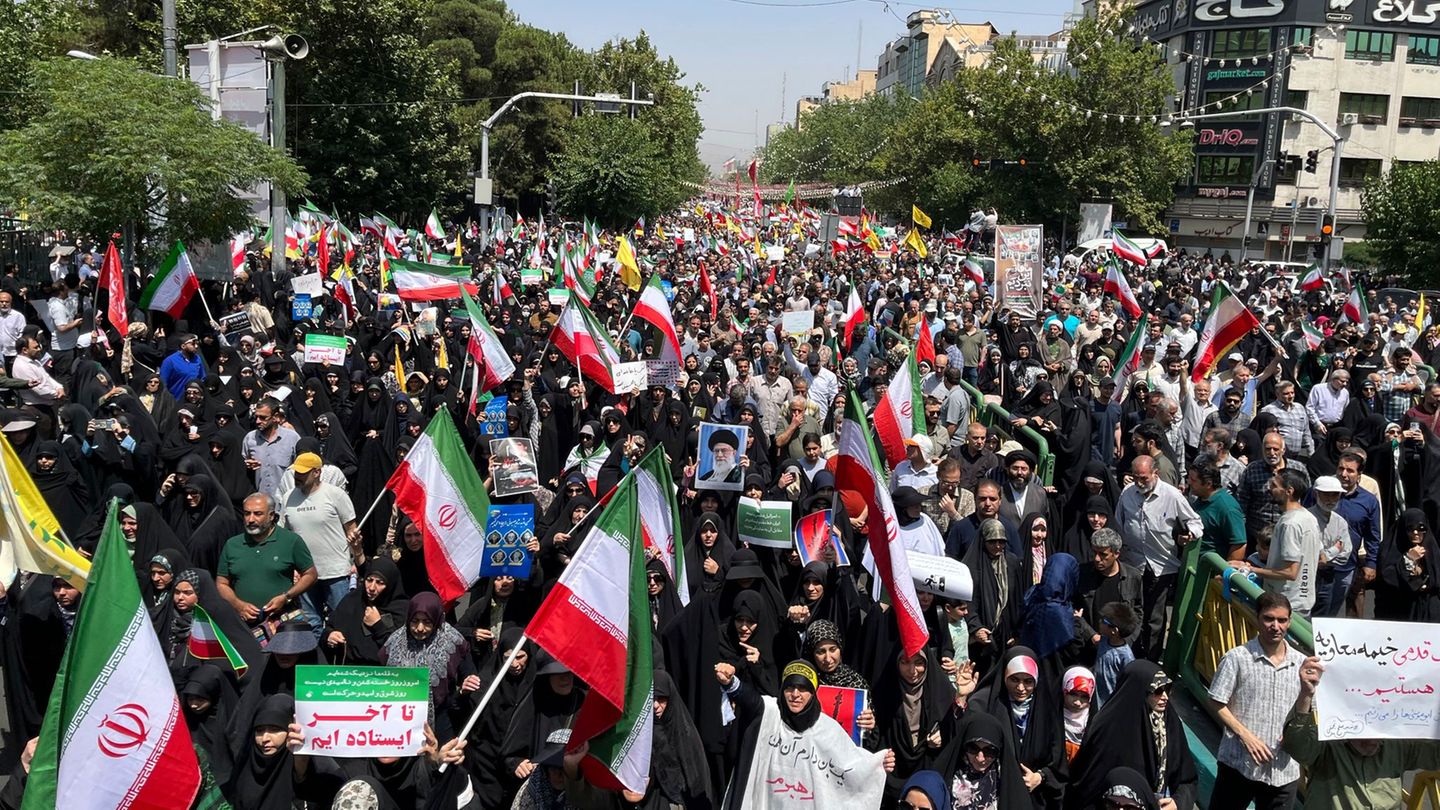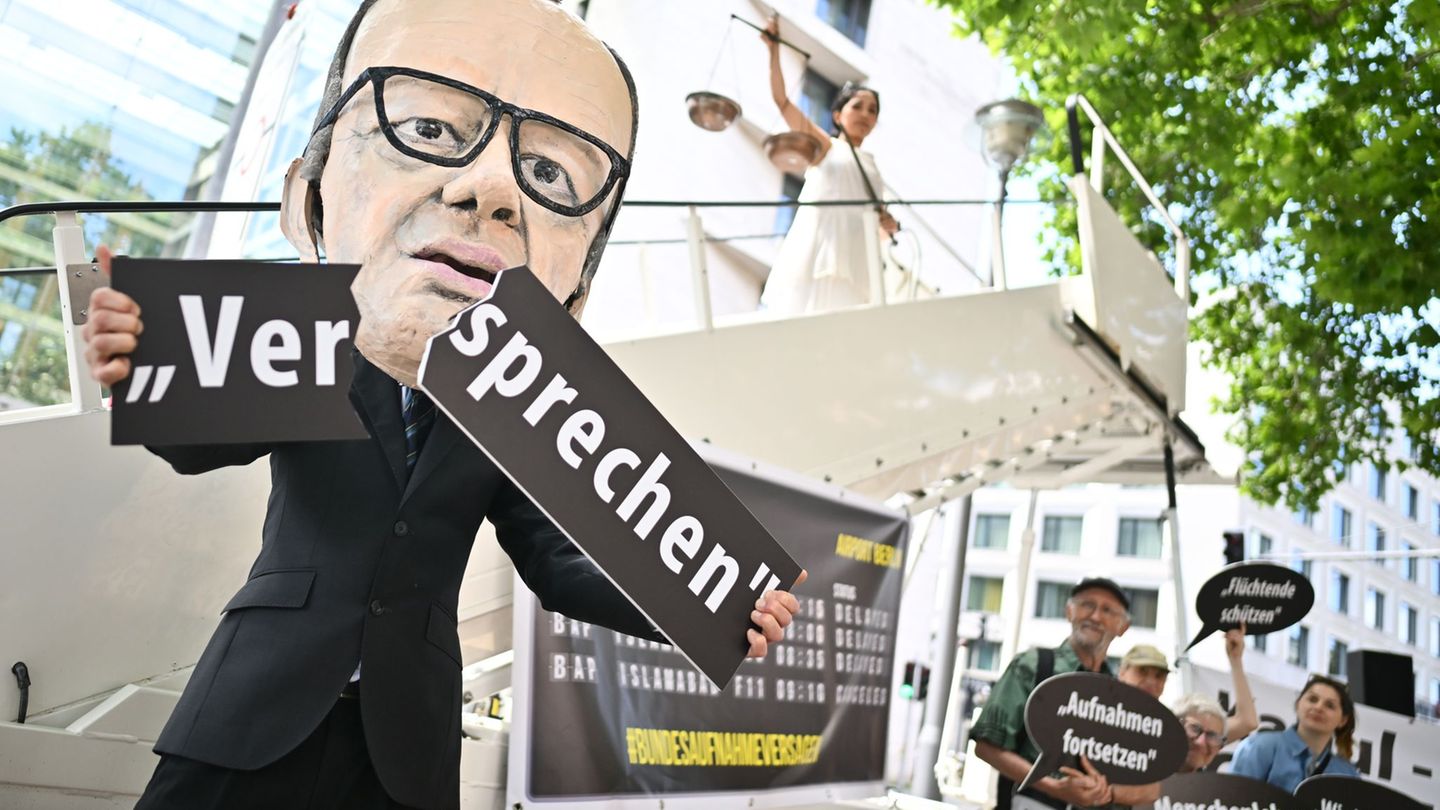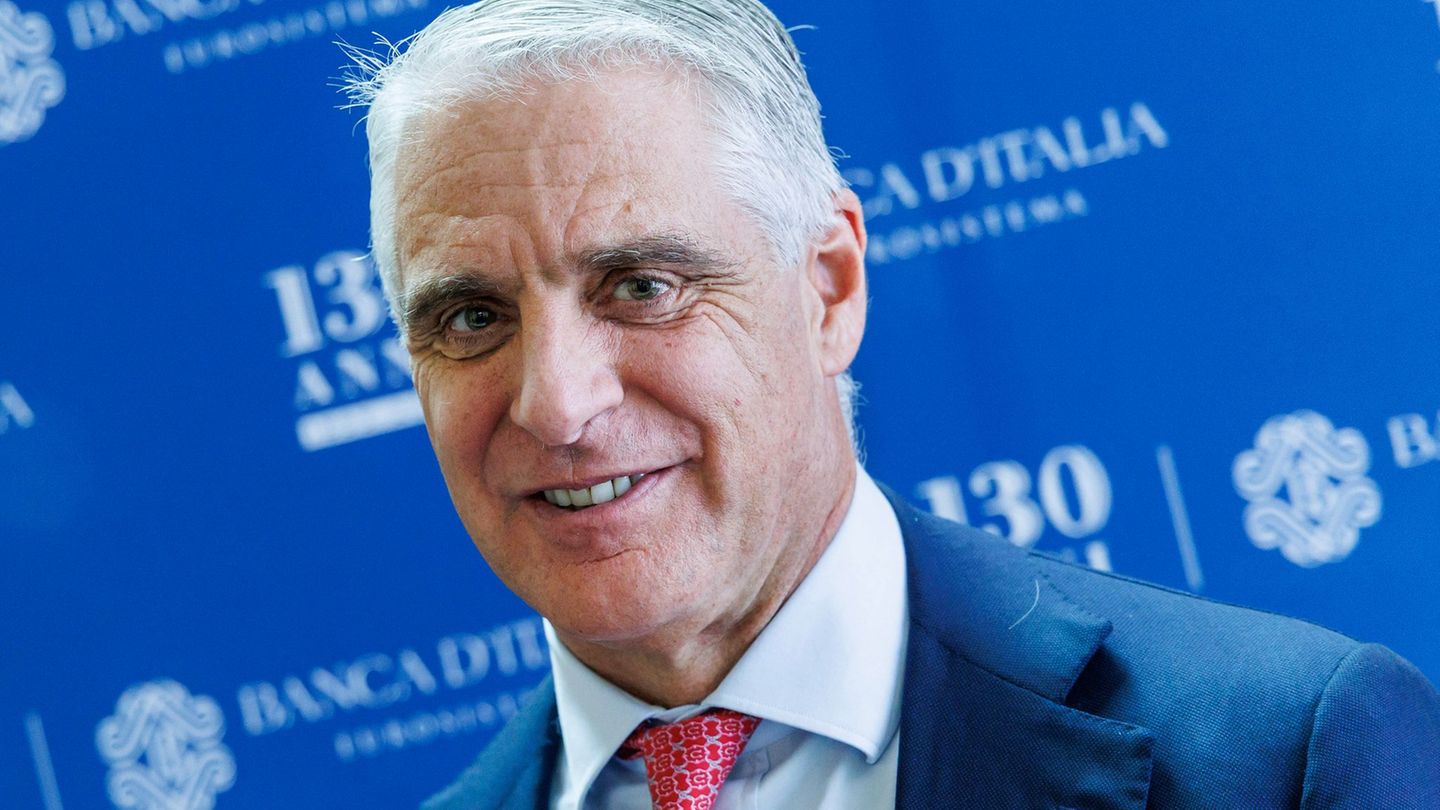In the morning the military parade on the Champs-Élysées and in the evening a TV speech with a positive outlook. This is how President Macron imagined the national holiday. But France is in crisis.
The military parade on the Parisian Champs-Élysées promises to be as impressive as every year this Friday. Otherwise, however, the national holiday in France is likely to be quite different than President Emmanuel Macron had planned. In order to leave the tough pension dispute with mass protests behind, he had put on a 100-day program with improvements in various political areas. For weeks, ministers traveled through the country with announcements, and Macron had announced an initial balance sheet for the national holiday. But after the suburban riots triggered by a police shot, the country is in a crisis.
Some cities canceled the traditional fireworks display on July 14 for safety reasons. Tens of thousands of police officers are expected to nip fears of new unrest in the bud that day. Helicopters and armored vehicles are mobilized. In contrast to Macron’s plans, the political debate is less about groundbreaking reforms for France, but about more control of rioters, questions of migration and the sense of investing billions in the banlieues. On July 17, Parliament will consider an emergency law that would allow cities hit by riots to rebuild and renovate quickly.
Heavy unrest for days
After a police officer fatally shot a 17-year-old during a traffic check near Paris a good two weeks ago, there had been serious unrest in France for days. Officials were attacked with firecrackers and public buildings such as police stations and schools were set on fire. Thousands of cars burned out. The damage is estimated at at least 650 million euros. The unrest died down. But the concern is that they will flare up again for the national holiday.
But is France getting to the bottom of the biggest outbreak of violence in the suburbs since 2005? Is there discussion of officers pointing their guns at an unarmed youth? In the face of the riots, the priority was to restore peace and order. Macron and the government quickly spoke of misconduct on the part of the officials deployed. The police as a whole defended them. They also emphasized that the vast majority of residents of the suburbs had nothing to do with the unrest and were suffering from it themselves. There was talk of the responsibility of the parents of the rioting young people and of the role of social networks, which in part fueled the unrest.
Demands for police reform ignored
Meanwhile, the UN Committee on the Elimination of Racial Discrimination (CERD) denounced excessive police violence and discriminatory racial stops in France. “Any allegation of racism or systemic discrimination by the law enforcement agencies in France is unfounded,” countered the Foreign Ministry. The riots, also known as “French riots” abroad, are not a typically French problem, a government spokesman said. So far, the government has not responded to demands for police reform, such as those coming from the left-wing political wing and also from a trade union.
After pushing through the pension reform, Macron had actually wanted to get out of the popularity slump and have been trying to gain new political momentum since April. Without an absolute majority in parliament, governing has been difficult for his camp for the past year. His plan was to set the agenda again with measures in important policy areas – health, education or migration. There was also talk of a government reshuffle. But then Macron became driven. He had to cancel the state visit to Germany and instead of beautiful pictures against the backdrop of Bellevue Palace, those of the burning French suburbs went around the world.
problems known for decades
The deep rifts in French society resurfaced during the riots. The problems of the isolated residents in the suburbs, often migrants and their descendants, which have been known for decades and who, according to a recent study, still feel discriminated against, must finally be tackled, some called out. Others demanded that rioters with another nationality have their French passport taken away. Meanwhile, the mayor, residents and business people were tearing their hair out in despair at the destruction.
Social and national cohesion is still very important to the French, according to an Ipsos survey presented on Tuesday. Respondents named the values of the republic, freedom, equality and solidarity, as well as tolerance and democracy, as important. Often shared hopes are the end of wars and the end of poverty and social inequalities – at least the last two points are directly related to the situation in the country.
Source: Stern
I have been working in the news industry for over 6 years, first as a reporter and now as an editor. I have covered politics extensively, and my work has appeared in major newspapers and online news outlets around the world. In addition to my writing, I also contribute regularly to 24 Hours World.




